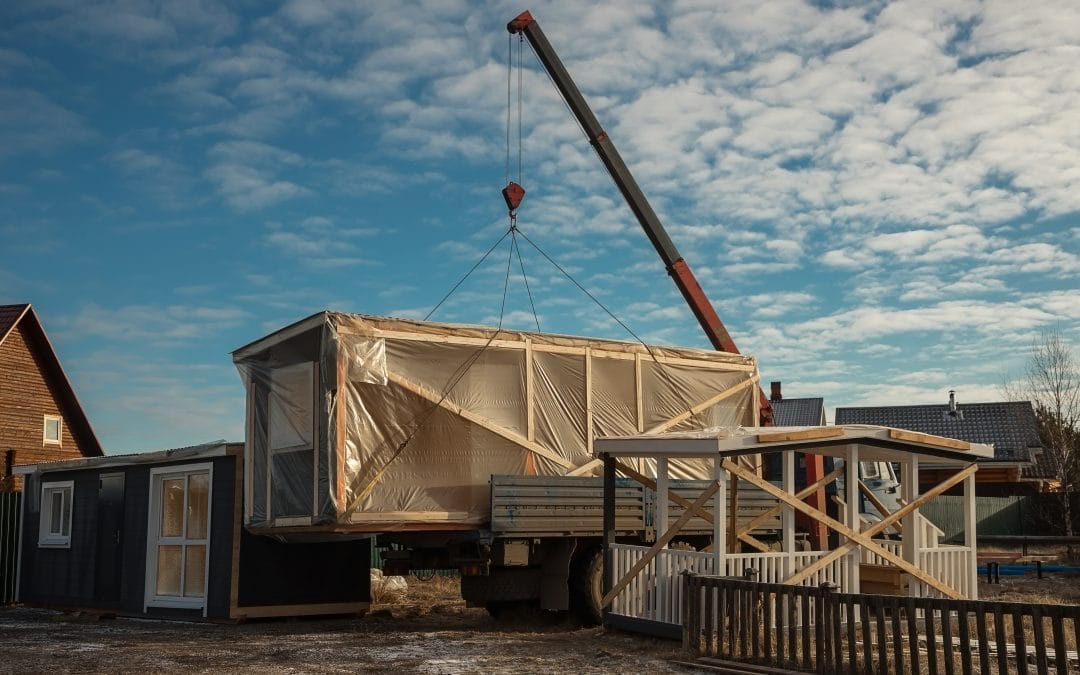Choosing between modular and manufactured homes can be confusing, especially since they both involve factory-built construction. However, these two types of homes have unique features that make each suitable for different needs and preferences. Here’s a closer look at what sets modular homes and manufactured homes apart, so you can decide which option fits your lifestyle best.
Understanding Modular Homes
Modular homes are built in sections within a factory setting and then transported to your site for assembly on a permanent foundation. Since modular homes follow local and state building codes—just like traditionally built homes—they are often accepted in most residential areas. The flexibility of modular homes also means they can be customized to suit your design preferences, with options for different layouts, finishes, and even green building choices.
Because modular homes are built to high standards, they tend to hold their value over time, similar to site-built homes. They’re a great choice for those who want the speed of factory construction combined with the quality and longevity of traditional homes.
What Defines Manufactured Homes?
Manufactured homes, sometimes called mobile homes, are built according to HUD (Housing and Urban Development) standards and are assembled on a steel chassis. This type of construction allows them to be easily transported and set up on various types of land, but they’re generally not placed on a permanent foundation. Manufactured homes are often more affordable than modular homes but come with fewer customization options and may have more zoning restrictions.
One key difference is that manufactured homes are built to federal HUD standards rather than local building codes, which can impact where they can be placed and how they’re valued. While manufactured homes provide affordable living options, they may not appreciate in value the same way modular homes do.
Key Differences to Consider
- Building Standards: Modular homes meet local and state codes, while manufactured homes follow federal HUD standards.
- Foundation: Modular homes are assembled on permanent foundations; manufactured homes are built on steel chassis.
- Customization Options: Modular homes offer more customization, while manufactured homes typically have more standardized designs.
- Value Over Time: Modular homes generally appreciate in value similarly to site-built homes, while manufactured homes may not.
Making the Right Choice for You
If you’re looking for a home with flexible design options, longevity, and high resale value, modular homes might be the best fit. On the other hand, manufactured homes offer a budget-friendly choice for those looking for simplicity and portability.
For more insights into modular construction and design, check out Unified Modular’s Modular Construction services or explore their Modular Design options to see how you can tailor a home to fit your needs. Ready to start planning? Reach out via the Contact Page at Unified Modular.

